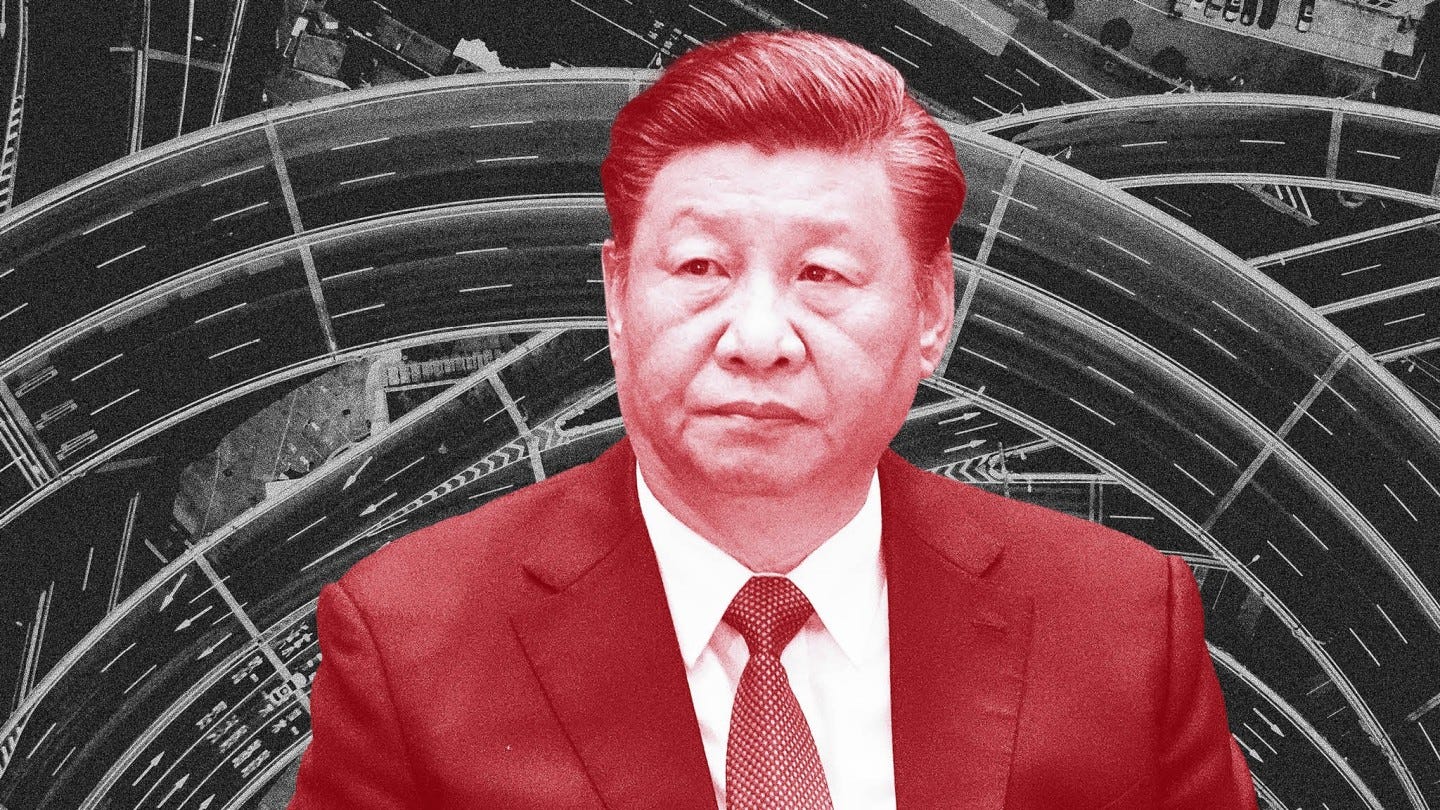Growth at a Standstill in China – 1 Good and 1 Bad News for the World Economy.
The situation is more worrying than ever for Xi Jinping a few months before the CCP Congress.
As the 20th National Congress of the Chinese Communist Party looms at the end of the year for Xi Jinping, China is facing an unprecedented situation: a brutal slowdown in growth. The Zero-COVID policy implemented by Xi Jinping for 28 months has brought the world's second-largest economy to a standstill.
Keep reading with a 7-day free trial
Subscribe to Sylvain Saurel’s Newsletter to keep reading this post and get 7 days of free access to the full post archives.




